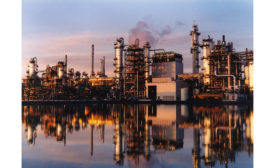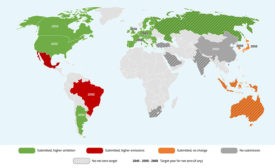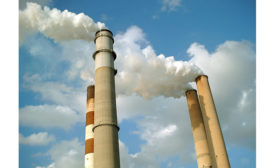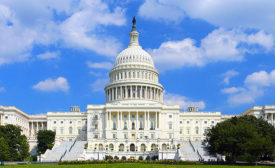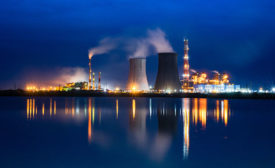- NEWS
- PROJECTS
- BUSINESS
- TALENT
- REGIONS
- TECH
- PRODUCTS
- IDEAS
- COSTS
- LISTS
- INFOCENTERS
- EVENTS
- Award of Excellence
- Best of the Best Project Awards
- FutureTech
- Groundbreaking Women in Construction EAST
- Groundbreaking Women in Construction WEST
- Global Best Projects Awards
- LA Infrastructure Forum
- NY/NJ Infrastructure Forum
- Regional Best Projects
- Seattle Infrastructure Forum
- Top 25 Newsmakers
- Upcoming Events
- Webinars
- MORE
Home » greenhouse gas emissions
Articles Tagged with ''greenhouse gas emissions''
Energy Conservation
White House hopes effort will accelerate reductions in carbon emissions from buildings
Read More
Highways
Infrastructure Act Spending Could Impact Emissions Reduction Efforts, Analysis Says
Georgetown Climate Center study projects carbon dioxide emissions will drop over 10 years
Read More
Lowering Carbon Emissions
New California Law Will Set Cement Sector Strategy to Cut GHG Emissions
Read MoreEnvironment
Tough Road Ahead to Limit Temperature Rise to 1.5°C by 2100
Study says GHG reduction goals are ambitious but achievable
Read More
Environment
China Pledges to Scale Up Its Climate Commitment
Public and private-sector entities announce plans around Climate Week NYC
Read More
The latest news and information
#1 Source for Construction News, Data, Rankings, Analysis, and Commentary
JOIN ENR UNLIMITEDCopyright ©2025. All Rights Reserved BNP Media.
Design, CMS, Hosting & Web Development :: ePublishing




